Coronavirus Diaries
In the early weeks of 2020, we began to hear disturbing reports of a new virus striking the people of Wuhan, China. The novel coronavirus, COVID-19, spread slowly at first, but by March 15, most of the country was shut down. My coverage began in February, and starting in March I began relying on the reports of local Oregon breweries about how they were managing the closures, the risk to employees, and the unrelenting stress the virus created. Each post is linked, and the whole series starts with this post.
“If we could collectively turn the stoke up a bit, then maybe we'd be the party that everyone would want to go to again. Come on folks, louder, more punk rock!“
“Instead of going to their local brewery they’re headed to the store where they can pick up a 6-pack of whatever IPA is on sale. American society has changed for the worse at a time when we need collaboration and community the most.“ Heater Allen’s Lisa Allen, writing five years after Covid.
Five years ago I collected reports from several Oregon breweries as they struggled to navigate the Covid crisis. This week I will have some follow-ups from the same breweries on what has happened since. We’re starting with Alesong because it’s a happy story.
If we think of normal as the way we lived in February 2020, we have a long way to go. And yet last week something changed. For the first time in 15 months, many of us can safely sit together in a pub drinking beer.
Breweries managed to survive the pandemic far more ably than anyone expected a year ago. They did it by retrenching and focusing on core fans rather than chasing those tantalizing customer just beyond reach. The “fan service” approach may be Covid’s greatest legacy.
In this latest Coronavirus update, the always-candid Ben Parsons describes the real costs and long-lasting trauma he and his team has survived getting through this crisis.
The pandemic caused major crises for breweries, but also smaller, unexpected side-benefits, including this one: for some small breweries, it meant tank space for neglected favorites.
Despite their resilience and creativity, the Covid pandemic didn’t hit breweries equally hard. It hit those focused on a restaurant, like Old Town Brewing, with special violence. The brewery’s owner, Adam Milne, describes how he fought to keep from folding his bad hand.
Today we hear from Zoiglhaus’ Alan Taylor. During the pandemic, Taylor has retooled the restaurant, added a canning line, and with draft sales picking up, he looks toward the coming year with hope.

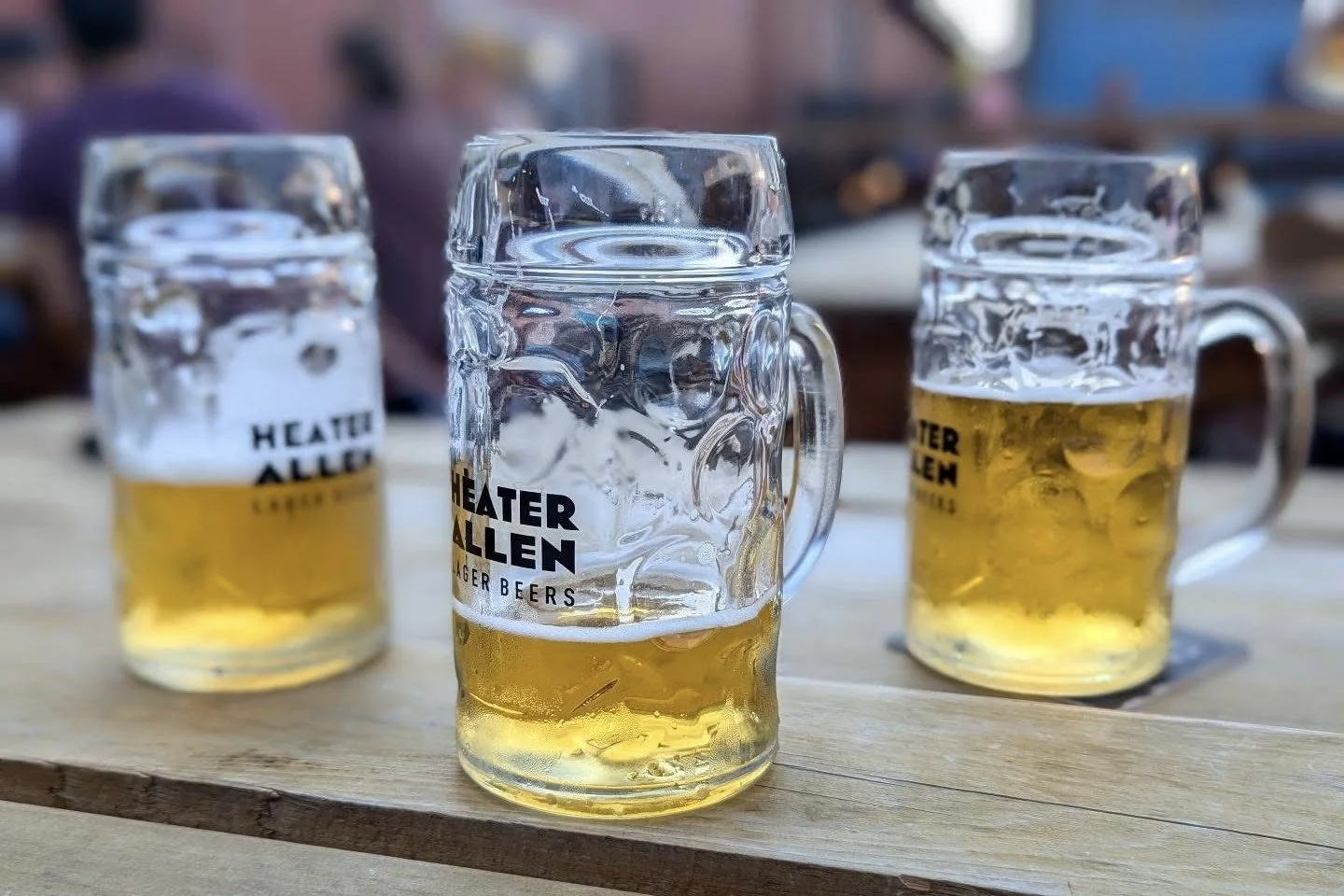
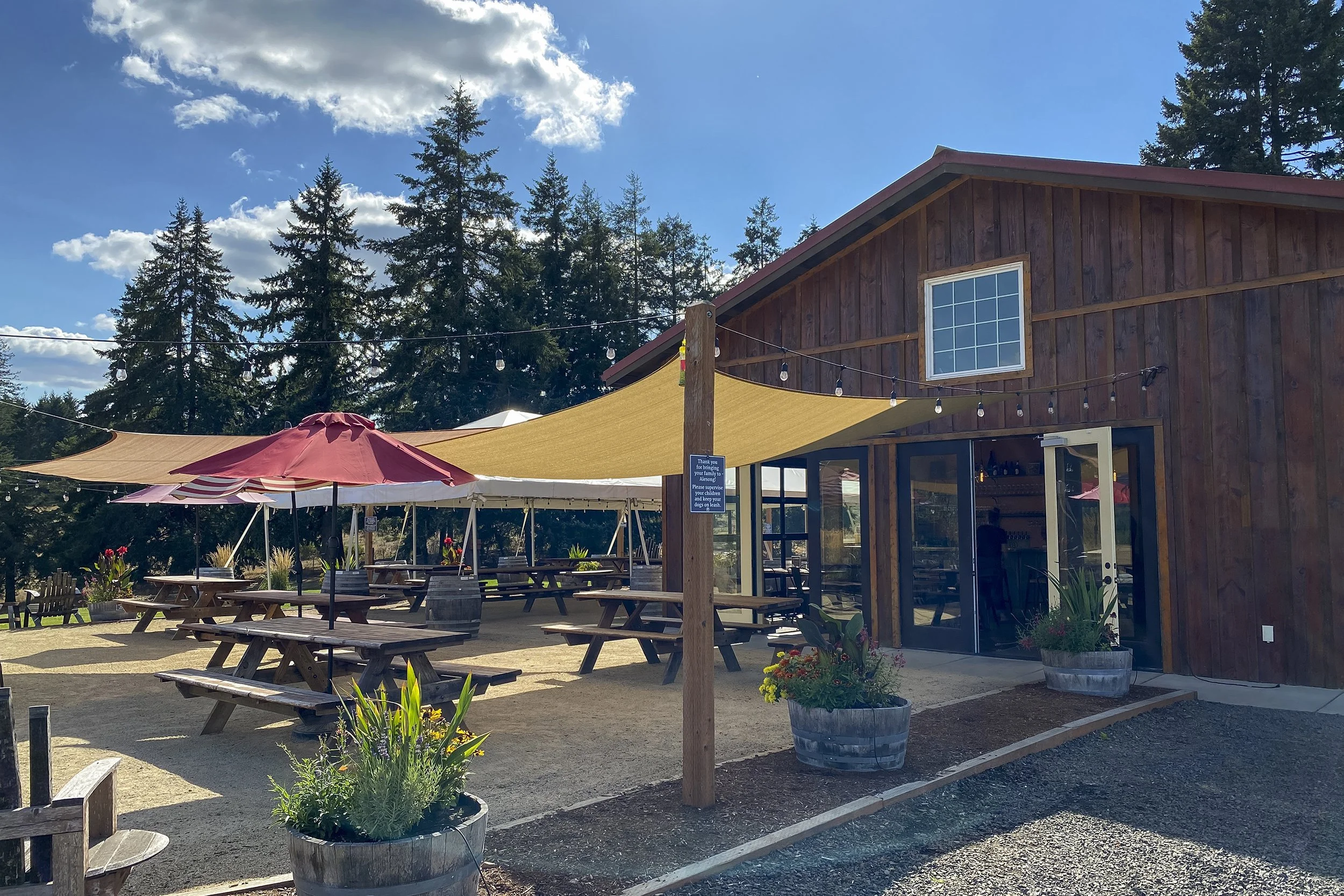

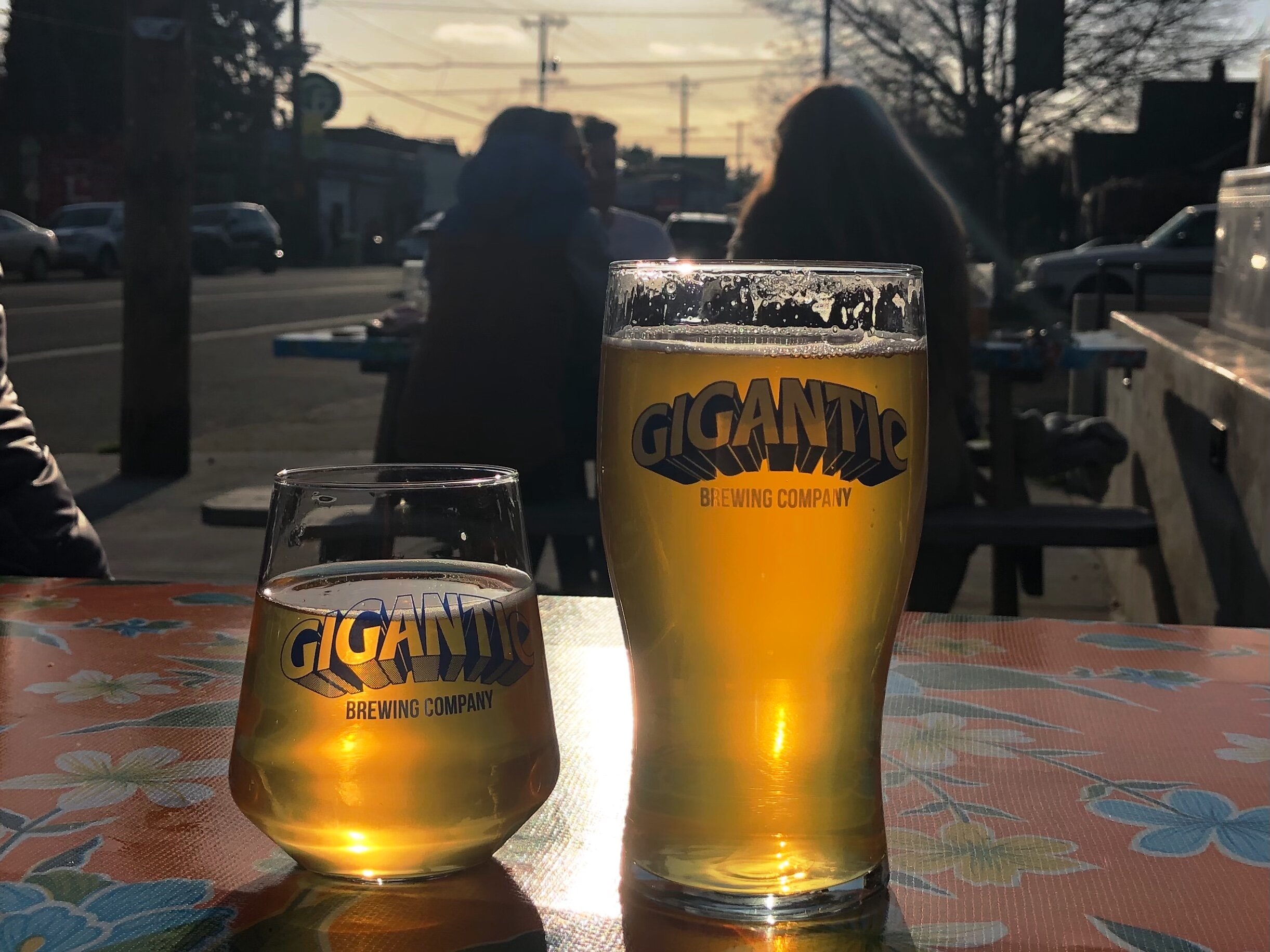

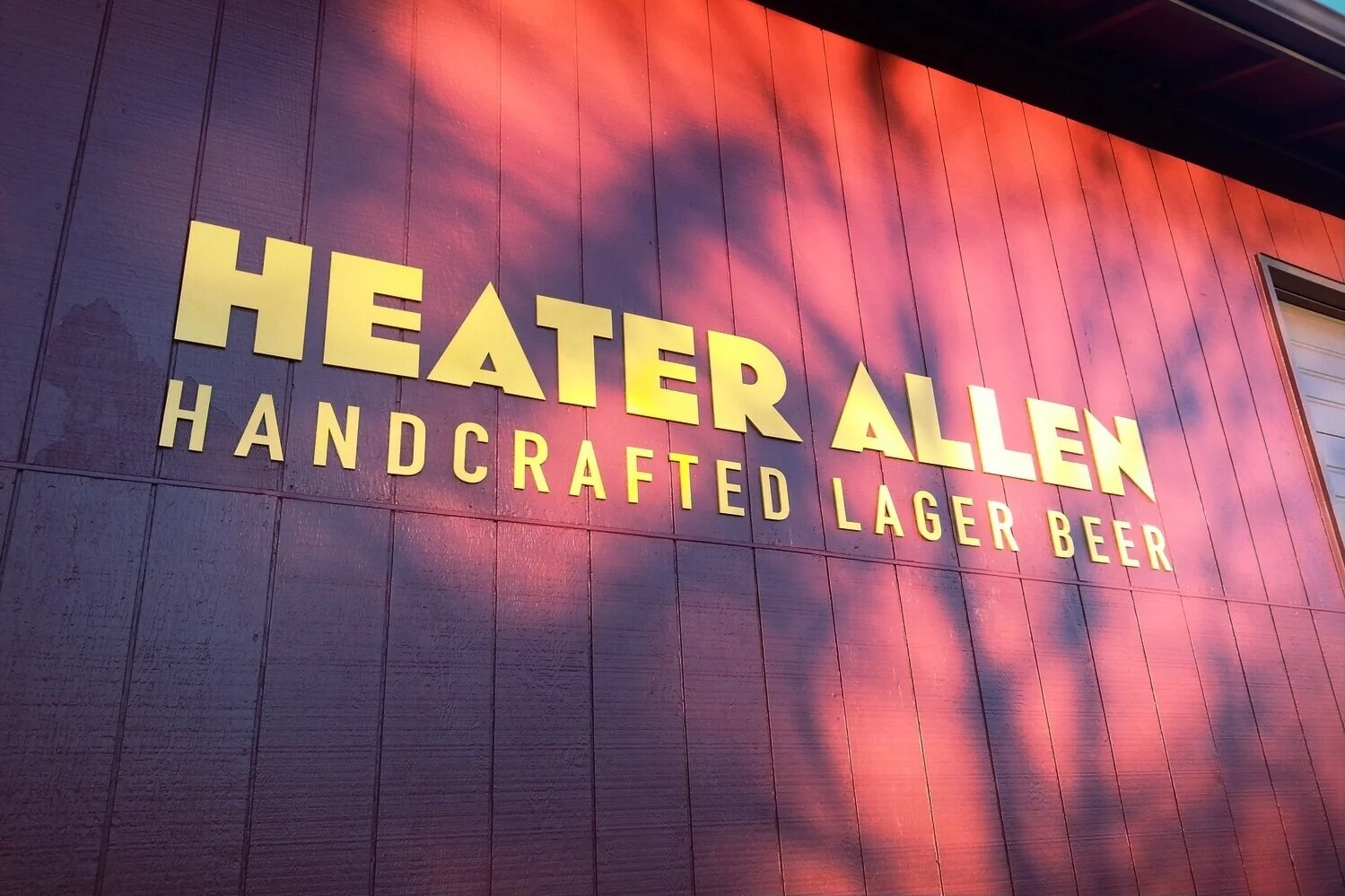
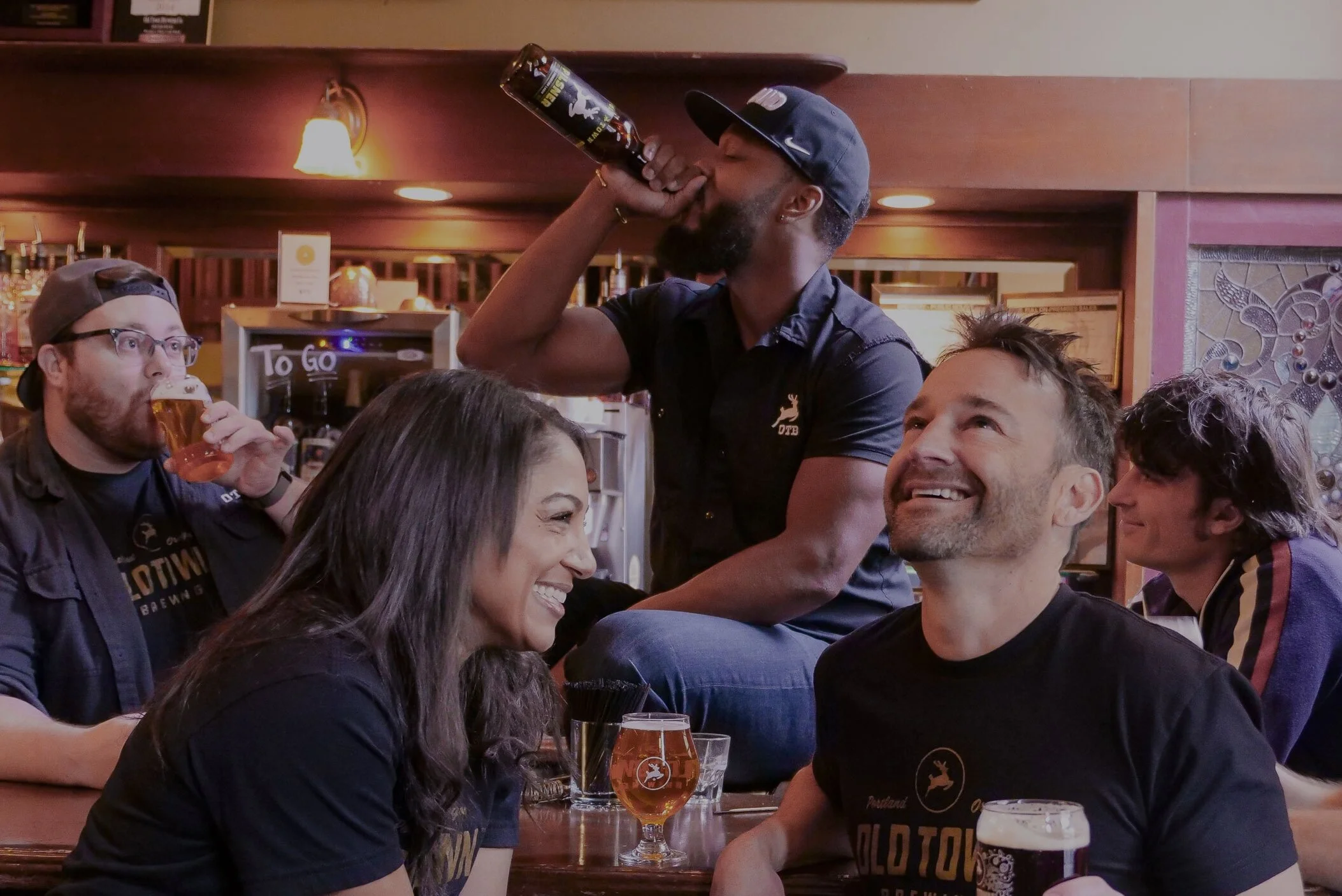

Gigantic’s Van Havig offers the most insightful look at the beer industry you’ll find, five years after Covid. “It was life or death for Americans five years ago, but it’s kind of life or death for the small brewing industry right now.”